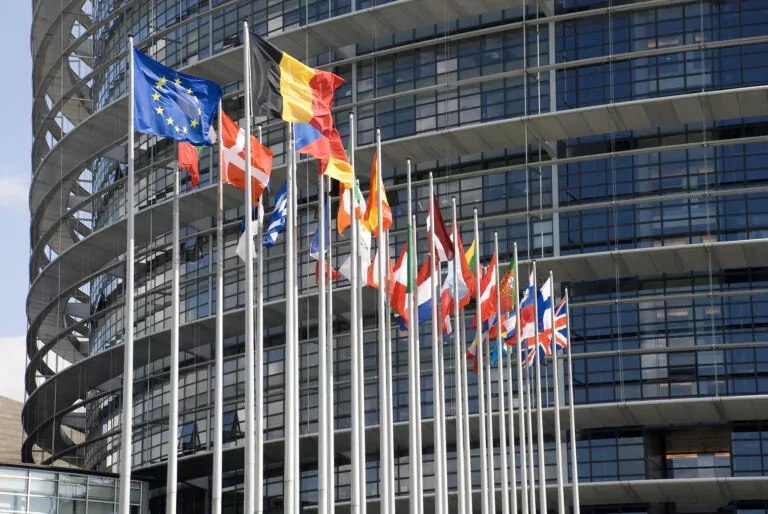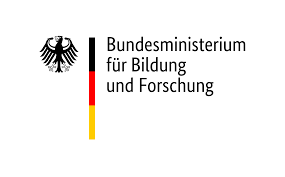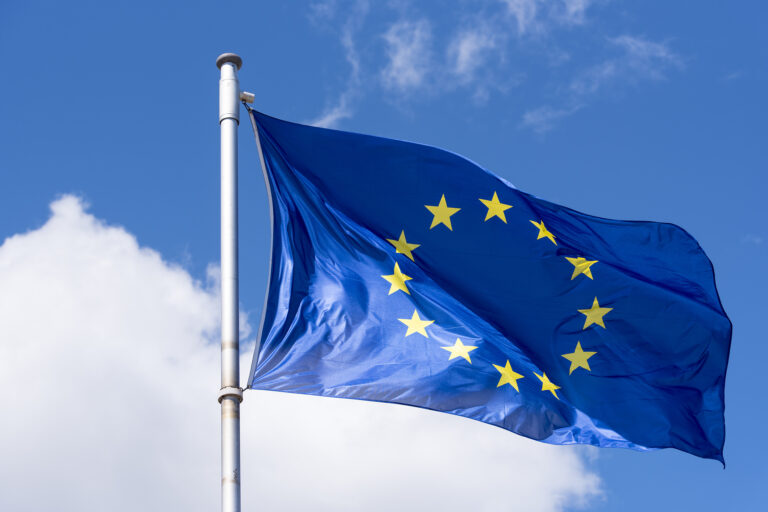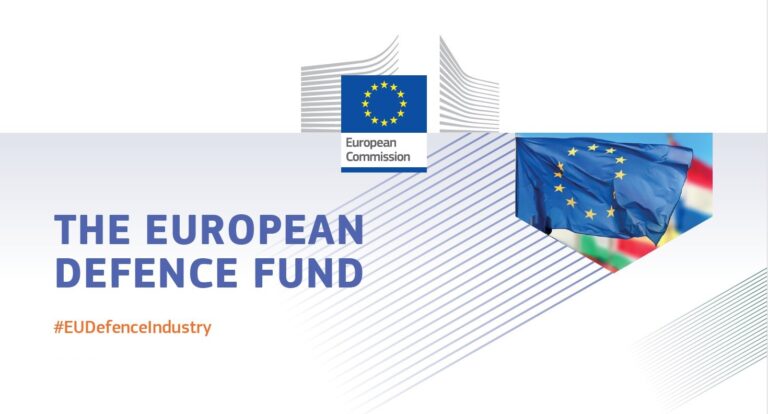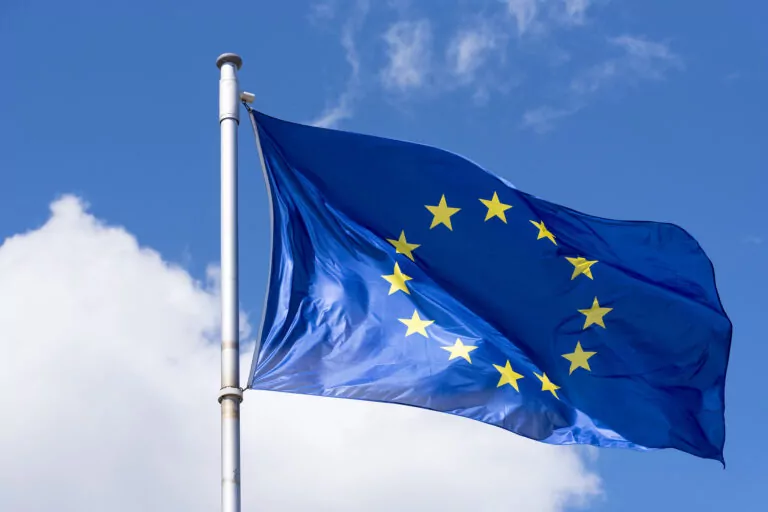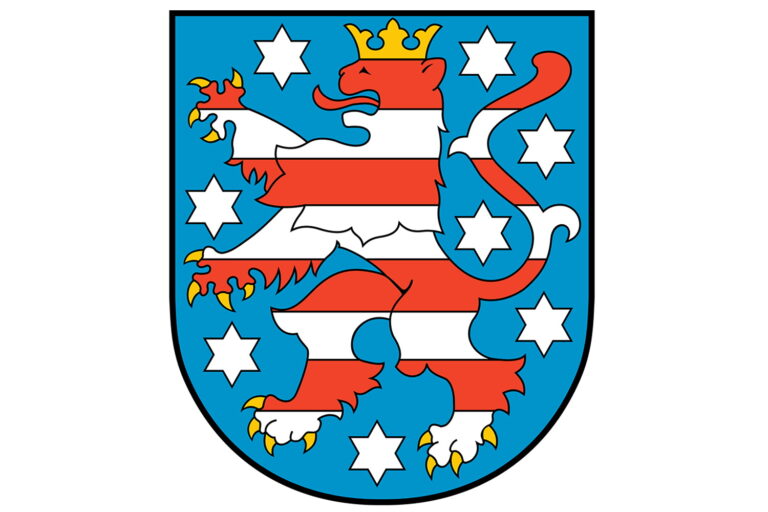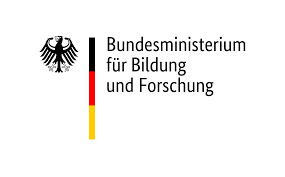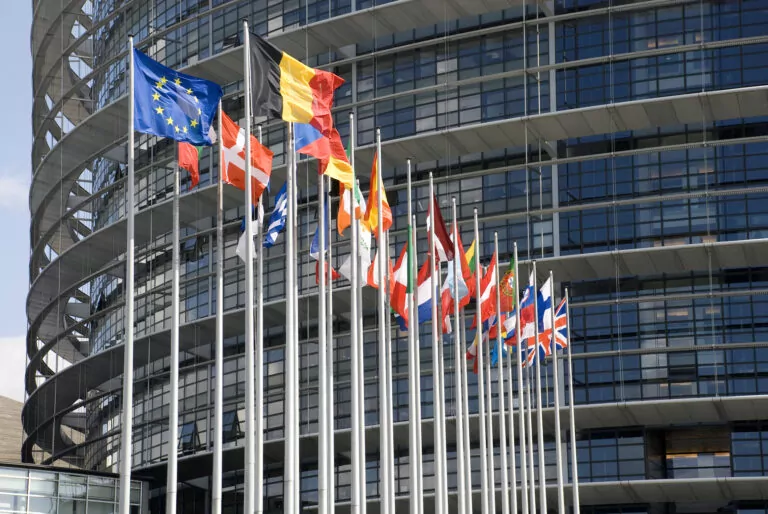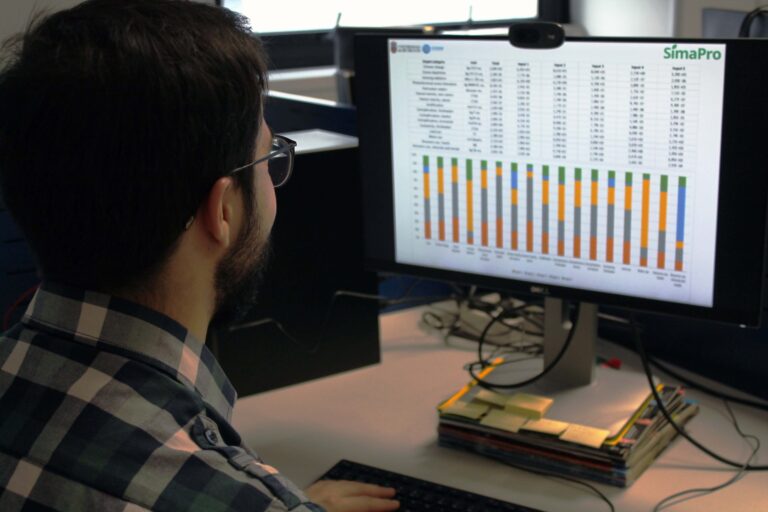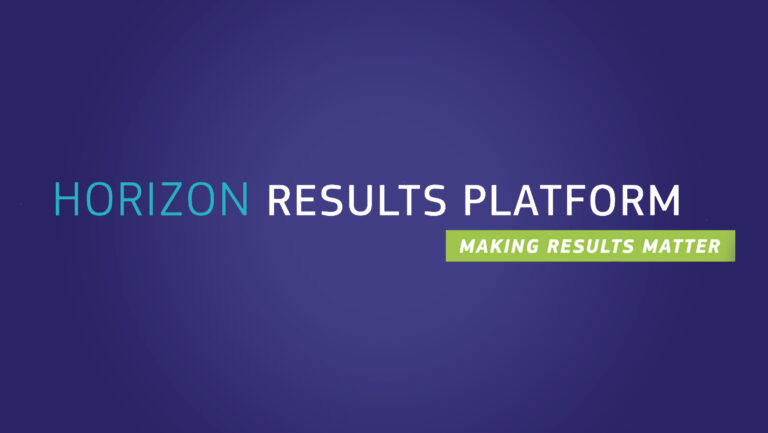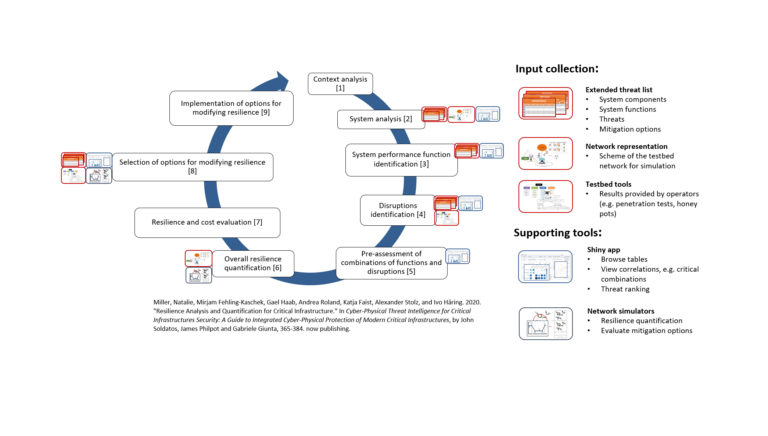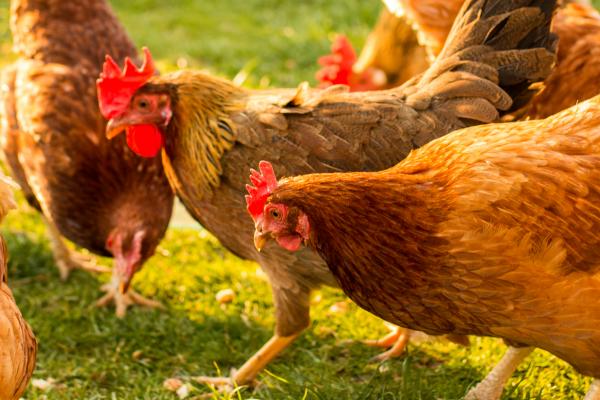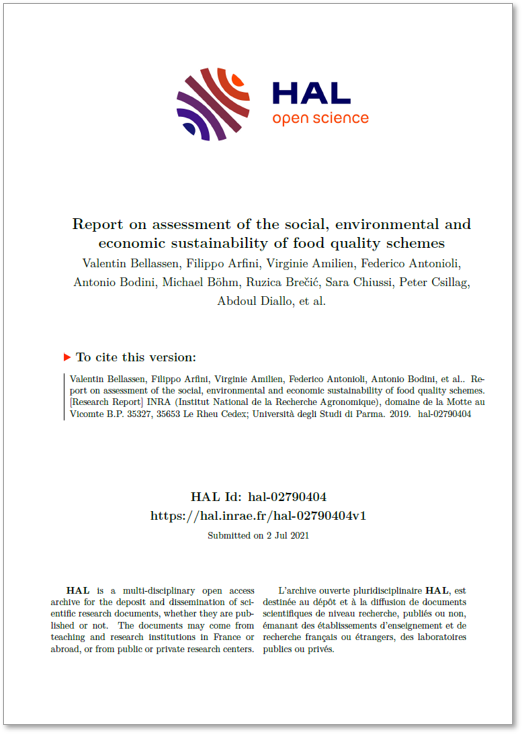Add to favorites:
Share:
In line with Food 2030 R&I initiative[1] and the Commission communication on Building the future with nature: Boosting Biotechnology and Biomanufacturing in the EU[2], the successful proposal will empower citizens to make informed decisions regarding alternative proteins sources derived from biotechnology[3] and increase the awareness of the impact of such dietary shift (sustainability and health-related impacts). The successful proposal will also strengthen education, communication awareness and access to information on alternative proteins and contribute to an informed understanding and acceptance of the public of the use of biotechnologies in the food sector.
Project results are expected to contribute to all the following expected outcomes:
- scientific knowledge is improved at national, regional and local levels on the use of different biotechnology applications for food and food ingredients;
- communication and understanding of the social and economic aspects as well as of the environmental impact of the use of alternative protein sources derived from biotechnology are improved;
- citizens’ awareness on the characteristics of alternative proteins, derived from biotechnology (such as precision fermentation) is enhanced through different communication tools at national, regional and local level;
policy inconsistencies (e.g. public funds directed towards unsustainable production of unhealthy foods despite Green Deal objectives) or regulatory issues limiting market uptake with a negative impact to the public are identified.
The proposal is expected to help public understanding and awareness of the use of alternative proteins produced through biotechnology and to contribute to counteracting misinformation in this area. It should support, as appropriate, educational interventions and information dissemination on the transition towards diets based on alternative protein sources, in particular those derived from biotechnology. The proposal should also address which (new) food products offer market opportunities and where the potential of their production is and which accompanying measures (hygienic conditions, dissemination campaign, etc.) are necessary so that consumers are aware and open to include alternative proteins produced through biotechnology in their diets.
The proposal should address all the following activities:
- establish a collaborative science-based information programme to enable citizens understanding of the dietary shift towards alternative proteins produced from biotechnology by launching a survey on citizens consumption patterns and dietary choices;
- improve the transfer of scientific knowledge at different levels (different actors and different territorial/geographical areas and socio-economic groups) with a collection of data on the perception, behaviours and understanding of citizens of alternative protein sources derived from different biotechnological applications;
- produce technical and dissemination material based on scientific evidence and knowledge, encompassing the technical and hygienic processing conditions for the production of alternative proteins through biotechnology and eventual consumption;
- provide recommendations for updating and improving educational curricula in schools and in other educational institutes as appropriate and in accordance with any applicable national, regional and local obligations;
- include the use of diverse communication media (e.g., social media, radio, TV, newspapers) to effectively disseminate information and engage with a broad audience.
The proposal should take into account the preliminary results developed by the project B-Trust [4] funded under Horizon Europe and take advantage of and connect to European research infrastructures in the area of biotechnology such as EU-IBISBA.
Particular efforts should be made to ensure that the data produced in the context of this topic is FAIR (Findable, Accessible, Interoperable and Re-usable).
The proposal should involve the effective contribution of SSH disciplines.
The proposal must implement the 'multi-actor approach' and ensure adequate involvement of all relevant stakeholders including citizens, civil society organisations, authorities, public and private institutes/institutions, value chain actors to ensure acceptability, awareness and deployment. The active participation and engagement of different stakeholders should span the entire project development and implementation to ensure performance and sustainability and maximise the final impact.
To maximise the impacts of R&I, the collaboration with international partners, in particular with those established in the United States, is encouraged.
[1] New Report: Food 2030 Research and Innovation – Pathways for action 2.0 - European Commission (europa.eu). See Pathway 4“Alternative Proteins for Dietary Shift”.
[2] COM (2024) 137 final.
[3] According to the OECD, biotechnology is defined as the application of science and technology to living organisms, as well as parts, products and models of them, to alter living or non-living materials for the production of knowledge, goods and services. Advanced biotechnologies are geared towards various application areas, being the main ones medical and pharmaceutical (“red” biotechnology), agri-food (“green” biotechnology), and industrial and environmental (“white” biotechnology), with the marine biotechnology (so-called “blue”) gaining increased attention.
Expected Outcome
In line with Food 2030 R&I initiative[1] and the Commission communication on Building the future with nature: Boosting Biotechnology and Biomanufacturing in the EU[2], the successful proposal will empower citizens to make informed decisions regarding alternative proteins sources derived from biotechnology[3] and increase the awareness of the impact of such dietary shift (sustainability and health-related impacts). The successful proposal will also strengthen education, communication awareness and access to information on alternative proteins and contribute to an informed understanding and acceptance of the public of the use of biotechnologies in the food sector.
Project results are expected to contribute to all the following expected outcomes:
- scientific knowledge is improved at national, regional and local levels on the use of different biotechnology applications for food and food ingredients;
- communication and understanding of the social and economic aspects as well as of the environmental impact of the use of alternative protein sources derived from biotechnology are improved;
- citizens’ awareness on the characteristics of alternative proteins, derived from biotechnology (such as precision fermentation) is enhanced through different communication tools at national, regional and local level;
policy inconsistencies (e.g. public funds directed towards unsustainable production of unhealthy foods despite Green Deal objectives) or regulatory issues limiting market uptake with a negative impact to the public are identified.
Scope
The proposal is expected to help public understanding and awareness of the use of alternative proteins produced through biotechnology and to contribute to counteracting misinformation in this area. It should support, as appropriate, educational interventions and information dissemination on the transition towards diets based on alternative protein sources, in particular those derived from biotechnology. The proposal should also address which (new) food products offer market opportunities and where the potential of their production is and which accompanying measures (hygienic conditions, dissemination campaign, etc.) are necessary so that consumers are aware and open to include alternative proteins produced through biotechnology in their diets.
The proposal should address all the following activities:
- establish a collaborative science-based information programme to enable citizens understanding of the dietary shift towards alternative proteins produced from biotechnology by launching a survey on citizens consumption patterns and dietary choices;
- improve the transfer of scientific knowledge at different levels (different actors and different territorial/geographical areas and socio-economic groups) with a collection of data on the perception, behaviours and understanding of citizens of alternative protein sources derived from different biotechnological applications;
- produce technical and dissemination material based on scientific evidence and knowledge, encompassing the technical and hygienic processing conditions for the production of alternative proteins through biotechnology and eventual consumption;
- provide recommendations for updating and improving educational curricula in schools and in other educational institutes as appropriate and in accordance with any applicable national, regional and local obligations;
- include the use of diverse communication media (e.g., social media, radio, TV, newspapers) to effectively disseminate information and engage with a broad audience.
The proposal should take into account the preliminary results developed by the project B-Trust [4] funded under Horizon Europe and take advantage of and connect to European research infrastructures in the area of biotechnology such as EU-IBISBA.
Particular efforts should be made to ensure that the data produced in the context of this topic is FAIR (Findable, Accessible, Interoperable and Re-usable).
The proposal should involve the effective contribution of SSH disciplines.
The proposal must implement the 'multi-actor approach' and ensure adequate involvement of all relevant stakeholders including citizens, civil society organisations, authorities, public and private institutes/institutions, value chain actors to ensure acceptability, awareness and deployment. The active participation and engagement of different stakeholders should span the entire project development and implementation to ensure performance and sustainability and maximise the final impact.
To maximise the impacts of R&I, the collaboration with international partners, in particular with those established in the United States, is encouraged.
[1] New Report: Food 2030 Research and Innovation – Pathways for action 2.0 - European Commission (europa.eu). See Pathway 4“Alternative Proteins for Dietary Shift”.
[2] COM (2024) 137 final.
[3] According to the OECD, biotechnology is defined as the application of science and technology to living organisms, as well as parts, products and models of them, to alter living or non-living materials for the production of knowledge, goods and services. Advanced biotechnologies are geared towards various application areas, being the main ones medical and pharmaceutical (“red” biotechnology), agri-food (“green” biotechnology), and industrial and environmental (“white” biotechnology), with the marine biotechnology (so-called “blue”) gaining increased attention.
Partner Requests
Explore Real Collaboration Opportunities
🔍 As a logged-in member, you now have exclusive access to all active Partner Requests for this Funding Call.
See who’s looking for collaborators, explore exciting project ideas, and discover how others are planning to make an impact.
💡 Use these insights to get inspired—or take the next step and start a request of your own (3 entries for free).
Log in or registrate here for free.
You must be logged in to submit or manage a partner request.
Ask our experts about this call
Connect with the Listing Owner!
💬 Please log in now to send a direct message to our experts and ask your questions. Not a member yet? Sign up for free and start connecting today!
Related Funding and Finance Opportunities
Unlock Exclusive Funding Opportunities!
🔑 Get instant access to tailored funding opportunities that perfectly match your needs. This powerful feature is exclusively available to our premium members—helping you save time, stay ahead of the competition, and secure the right funding faster.
Upgrade to Premium now and never miss an important opportunity again! Already a premium member? Log in here to explore your matches.
Related Innovation Offers
Related Knowledgebase Resources
Discover More with Premium: Related Knowledge Resources
🔒 You’re missing out on expert-curated knowledge specifically matched to this topic. As a Premium member, you gain exclusive access to in-depth articles, guides, and insights that help you make smarter decisions, faster.
Whether you’re preparing a funding proposal, researching a new market, or just need reliable information—our Premium knowledge matches save you hours of research and point you directly to what matters.
Upgrade to Premium now and instantly unlock relevant knowledge tailored to your needs! Already a member? Log in here to view your personalized content.




